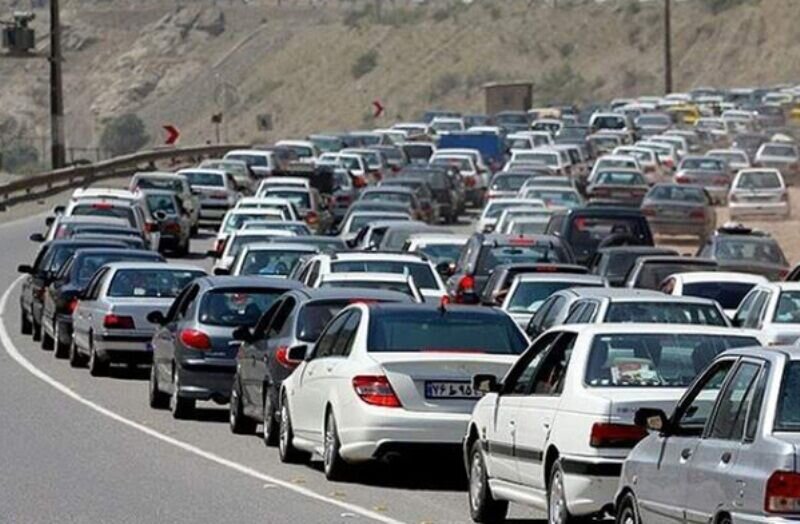Iran formulates coronavirus safety guidelines ahead of anticipated travel surge

TEHRAN – In response to the coronavirus pandemic, Iran’s Ministry of Cultural Heritage, Tourism and Handicrafts has announced new guidelines and instructions to ramp up the safety of travels across the country.
In an effort made in cooperation with the Health Ministry, the procedures are initially formulated for “emergency or work travels” to be implemented in hotels, guest houses, eco-lodge unites, tourist destinations, transport facilities, recreational centers, and restaurants as the country gradually prepares for travels to start amid the pandemic.
Elaborating on the measures taken to lessen the impact of coronavirus on the tourism sector and future measures to restore the situation, deputy tourism minister Vali Teymouri said: “A smart travel protocol, which is aimed to reassure healthy travels, has been developed to be implemented across the country,” Mehr reported on Monday.
“Smart travel means traveling along with strict observance of health and wellness protocols,” the official noted.
“Though we hadn’t left our homes or started traveling till now, and the accommodation and tourism centers are being closed; we have reported that people are gradually launching work or urgent travels so they need to stay in the right place. If there is now a demand for travel, even in small numbers, then we need to be prepared for travels under the health protocols.”

Deputy Minister of Cultural Heritage, Tourism and Handicrafts Vali Teymouri speaks in an undated photo.
“The smart travel protocol states what considerations a hotel, agency, or tour guide should follow. It’s as if accommodation units need to focus more on renting one-bedroom than two-bedroom. Or if the hotel has been closed until now, with what considerations will it start working and under what conditions will it accept passengers. These cases are detailed in the present protocol we should revise its articles using the opinion of the relevant organizations.”
In response to a question that if travel ads are illegal in face of the virus pandemic, the official said: “We have not officially announced anything for tourism advertising, but in the form of a smart trip, we have addressed the issue of whether they should advertise tourism activities, of course, if the coronavirus is due by the end of the holy month of Ramadan.”
“We have to take into account both health issues and the interests of the travel activists because now people have come out of their homes, so if we can’t provide standard health services, they go to unauthorized centers which trigger more spread of the disease. So we can help people travel in a safe and secure way.”
Last week, Hormatollah Rafiei, the head of the Association of Iranian Travel Agents, said on Saturday that “Advertisements for [package] tours have been started for Khordad holidays (June 3 to 5) by some tourism agencies. He, however, warned that no tour operator or travel agency should give customers promises they could not fulfill.”
“None of them should create a commitment for a traveler that they will not be able to do it.”
President Hassan Rouhani has said the country will be divided into three risk zones based on the number of COVID-19 infections and fatalities.
Rouhani said the Health Ministry would draw up a map of “white,” “yellow” and “red” risk zones in the country.
In the white areas, religious sites, mosques, and holy shrines would be allowed to reopen and hold Friday prayers under the health guidelines issued to curtail the coronavirus pandemic.
On April 20, Iran lifted intercity travel bans days after President Hassan Rouhani unveiled a “Smart Social Distancing Initiative” as a new phase of measures to prevent the virus spread.
Over the past couple of months, many countries, including the Islamic Republic, imposed travel restrictions to help curb the spread of novel coronavirus. In this line, incoming and outgoing flights have been suspended, and road travels restricted to a great extent.
Some experts expect Iran to achieve a tourism boom after coronavirus contained, believing its impact would be temporary and short-lived for a country that ranked the third fastest-growing tourism destination in 2019.
Latest available data show eight million tourists visited the Islamic Republic during the first ten months of the past Iranian calendar year (started March 21, 2019).
AFM/MG
